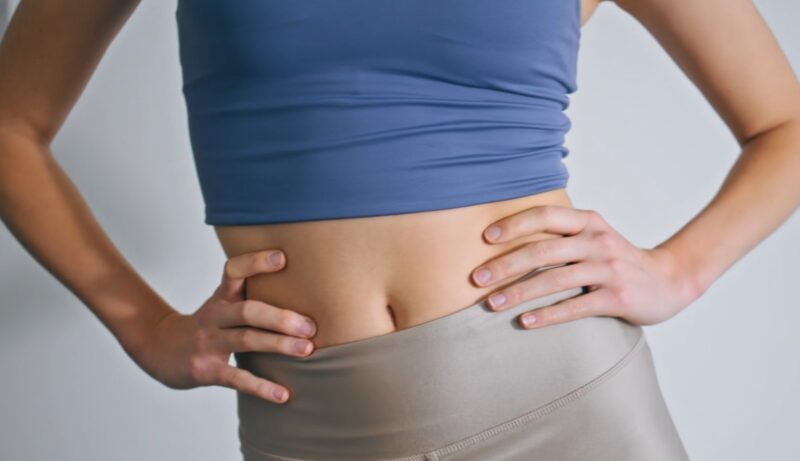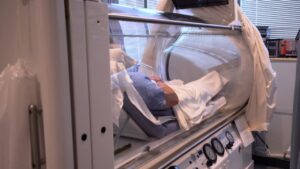We’ve all been there. You’re feeling terrible, and the doctor prescribes antibiotics to get you back on track. And sure, they work—miraculously even. But then comes the aftermath—your gut feels off, digestion is out of whack, and suddenly you’re googling, “How to restore gut health after antibiotics.”
Antibiotics are a necessary tool when you need them, but they can wreak havoc on your gut microbiome. Chances are, you probably had no idea just how big a role gut bacteria plays in your overall health until something goes wrong.
And trust me, I’ve been through the trial and error of figuring out how to bounce back. Let’s break it down in a way that feels doable without overwhelming yourself.
What Happens to Your Gut After Antibiotics?
The gut is home to trillions of bacteria. These bacteria help with digestion, immune function, and even mental health.
As per Jessica Bradley from BBC, antibiotics, while fantastic at killing harmful bacteria, don’t discriminate. They wipe out good bacteria too, leaving your gut microbiome struggling to maintain balance.
This can lead to digestive issues, a weakened immune system, and just a general feeling of sluggishness. So, what can we do about it? I’ve tried a lot of methods, and here’s what’s worked for me.
1. Probiotics
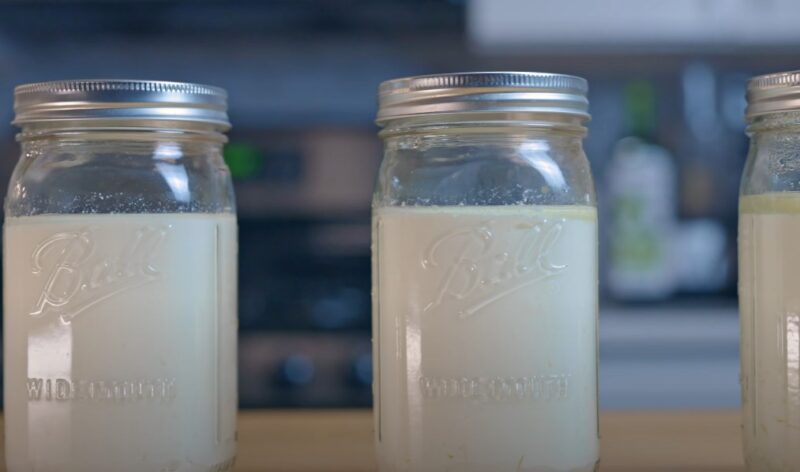
One of the most immediate steps after finishing a round of antibiotics is introducing probiotics back into your diet. Think of probiotics as your gut’s new best friends—they help repopulate the beneficial bacteria that antibiotics wiped out.
Probiotic Foods
Incorporating probiotic-rich foods into your meals is a great start. Yogurt, kefir, sauerkraut, kimchi, miso, and kombucha all contain live cultures of beneficial bacteria.
My personal favorite is yogurt—it’s easy to add to smoothies, top with fruit, or even eat as a snack. Plus, kefir has become a staple in my morning routine. Its tangy taste might take a bit to get used to, but the benefits are worth it.
Probiotic Supplements
Supplements are another way to go, especially if you’re like me and sometimes find it hard to eat a probiotic-rich diet every single day.
According to NCBI, probiotic supplements introduce beneficial bacterial strains, such as Lactobacillus and Bifidobacterium, which can help replenish these beneficial bacteria and restore gut balance.
I find that taking one during and after antibiotic treatment makes a noticeable difference in how quickly my digestion gets back to normal. That said, it’s always smart to check with your doctor for personalized advice on which supplement is right for you.
2. Prebiotics
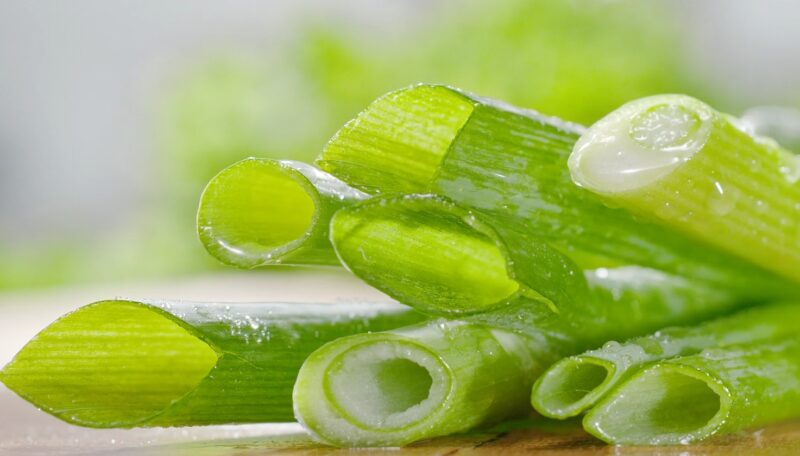
Probiotics need something to munch on once they get settled in your gut—that’s where prebiotics come in. Think of prebiotics as the food source for probiotics. Without enough prebiotics, those beneficial bacteria won’t stick around long.
Prebiotic Foods
Some easy go-tos in my kitchen are garlic, onions, leeks, asparagus, and bananas. They’re full of prebiotic fiber that helps those good bacteria thrive. You’d be surprised how easy it is to sneak more of these into your meals.
Roasted garlic and onions go great with nearly anything, and bananas are an obvious, versatile snack. Prebiotic supplements can also be useful if you’re not hitting your fiber goals through diet alone.
I’ve dabbled in both approaches, and personally, I feel better when I focus on food sources first, supplementing only when necessary.
3. Fiber
What’s the Difference Between Soluble and Insoluble Fiber? https://t.co/xn5BRo8mJm
— Men’s Health Mag (@MensHealthMag) July 12, 2024
Fiber isn’t just about keeping things moving, although that’s definitely a plus. It also plays a key role in nourishing your gut microbiota and maintaining a healthy digestive system.
Soluble vs. Insoluble Fiber
Soluble fiber (like the kind you find in oats, beans, and fruits) forms a gel-like substance in your gut, slowing down digestion and stabilizing blood sugar levels. I love starting my day with a bowl of oatmeal topped with apples or bananas—fiber-packed and filling.
Insoluble fiber (whole grains, nuts, seeds, and veggies) doesn’t break down in the stomach, helping to keep things, well, regular. I’ve found that a mix of soluble and insoluble fiber works wonders. Just make sure to gradually increase your intake—no one enjoys a fiber overload!
4. Hydration
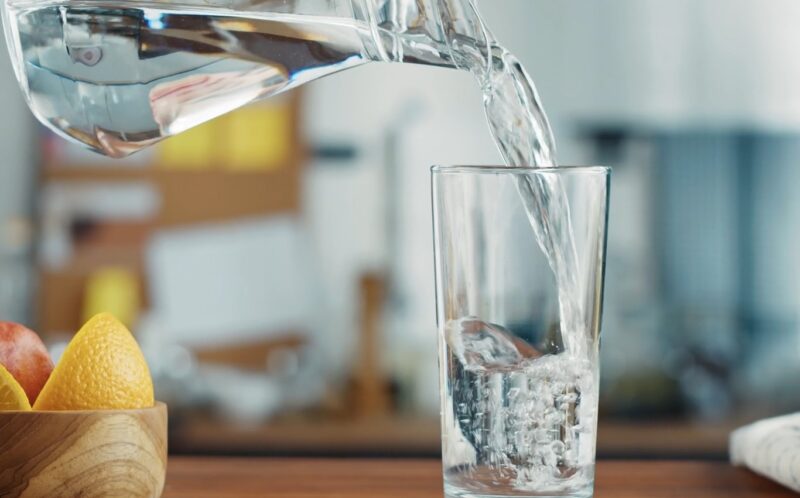
This sounds simple, but staying hydrated is crucial, especially when your digestive system is feeling a little off. Antibiotics can sometimes lead to diarrhea, which depletes your body of fluids.
Keeping your water intake up helps replenish those lost fluids and keeps digestion functioning smoothly. On top of plain water, hydrating foods like cucumber, watermelon, and oranges can be a refreshing way to stay hydrated. I also swear by herbal teas like ginger or peppermint to soothe any post-antibiotic digestive upset.
5. Say Goodbye to Processed and Sugary Foods (For Now)
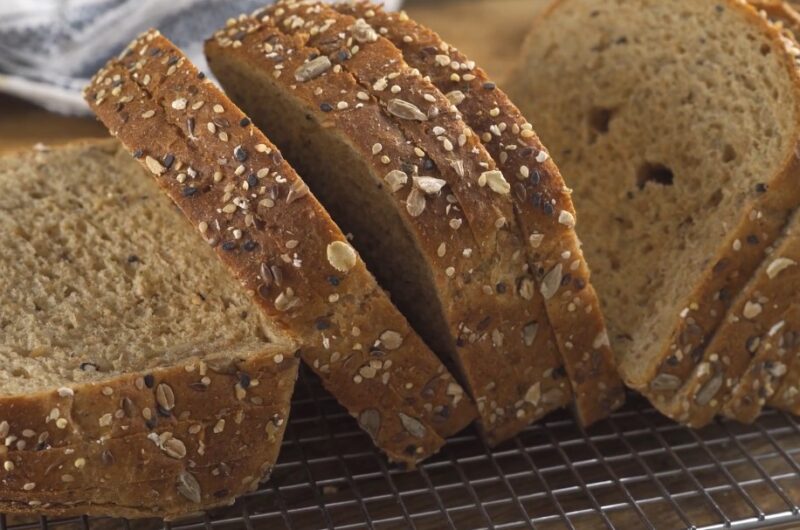
I know, cutting out sugar and processed food is easier said than done, but your gut will thank you for it. Refined carbs and sugar can feed harmful bacteria and yeast, which only adds to the post-antibiotic chaos happening in your gut.
I’ve noticed that when I stick to whole, unprocessed foods—think fresh fruits and veggies, whole grains, lean proteins—I start feeling better a lot quicker.
And don’t get me wrong, I still indulge here and there, but keeping processed foods to a minimum has made a big difference in my overall gut health.
6. Bone Broth
Bone broth is one of those old-school remedies that actually lives up to the hype. It’s rich in collagen and amino acids like glutamine, which are known to support gut lining integrity.
I’ve noticed a huge improvement in how my gut feels after regularly drinking bone broth for a few weeks. If making bone broth at home isn’t your thing, you can always buy it pre-made.
Just make sure to check the ingredients so you’re not loading up on unnecessary additives or sodium.
7. Rest, Relax, and Let Your Gut Heal

Getting good sleep and managing stress aren’t just about your mental health—they’re crucial for gut recovery, too. The gut-brain connection is very real, and when I’m stressed or not sleeping well, my digestion definitely takes a hit.
Sleep
Aim for those golden 7-9 hours of sleep each night. It might seem like a luxury, but your gut—and the rest of your body—need that time to recover. I’ve found that creating a calming bedtime routine helps me wind down and sleep more soundly.
Stress Management
Whether it’s yoga, meditation, or just taking a few deep breaths, managing stress is key. I personally love a short walk in nature or sitting with a book when things feel overwhelming. It helps my mind relax, and I swear it helps my gut feel better too.
8. Moderate Exercise (Move, But Don’t Overdo It)

Exercise is great for overall health, including gut health, but moderation is key. Regular movement like walking, cycling, or gentle yoga helps stimulate digestion and can even promote a healthy gut microbiome.
I used to think intense workouts were the answer, but I’ve learned that over-exercising can stress the body and actually worsen gut issues. Now, I focus on enjoyable, moderate activities that make me feel good.
9. Go Easy on the Alcohol

I get it, having a glass of wine or a cocktail is often part of unwinding. But after antibiotics, it’s worth limiting alcohol intake.
Alcohol can irritate the gut lining and disrupt the delicate balance of bacteria that you’re trying to restore. Personally, I cut back significantly after taking antibiotics, and it makes a noticeable difference in how quickly I bounce back.
10. Listen to Your Gut (Literally)
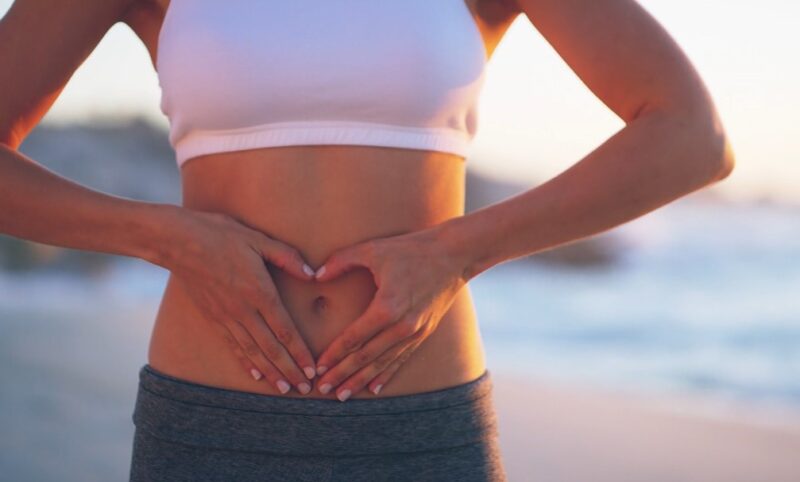
If things still feel off after antibiotics or you’re dealing with long-term digestive issues, consider doing a gut health test.
There are home tests available that analyze your gut bacteria and provide recommendations for diet and lifestyle adjustments. In my case, it was helpful to get a clearer picture of what was happening inside, so I could fine-tune my approach to healing.
Wrapping It Up
Restoring gut health after antibiotics doesn’t happen overnight. It’s a process that requires patience and attention to what your body needs.
But by incorporating probiotics, feeding them with prebiotics, eating fiber-rich foods, staying hydrated, and managing stress, you’ll start feeling better over time. I know it worked for me, and hopefully, it will for you too.
Related Posts:
- 8 Antibiotics For Urinary Tract Infection
- When to Trust and When to Question Health Advice You…
- Link Between Hormones and Men’s Health Over 40
- The Role of Dopamine and Norepinephrine in Mental Health
- Weight Loss After Gallbladder Removal Surgery –…
- What Not to Do After Sclerotherapy? Post-Treatment Guideline

